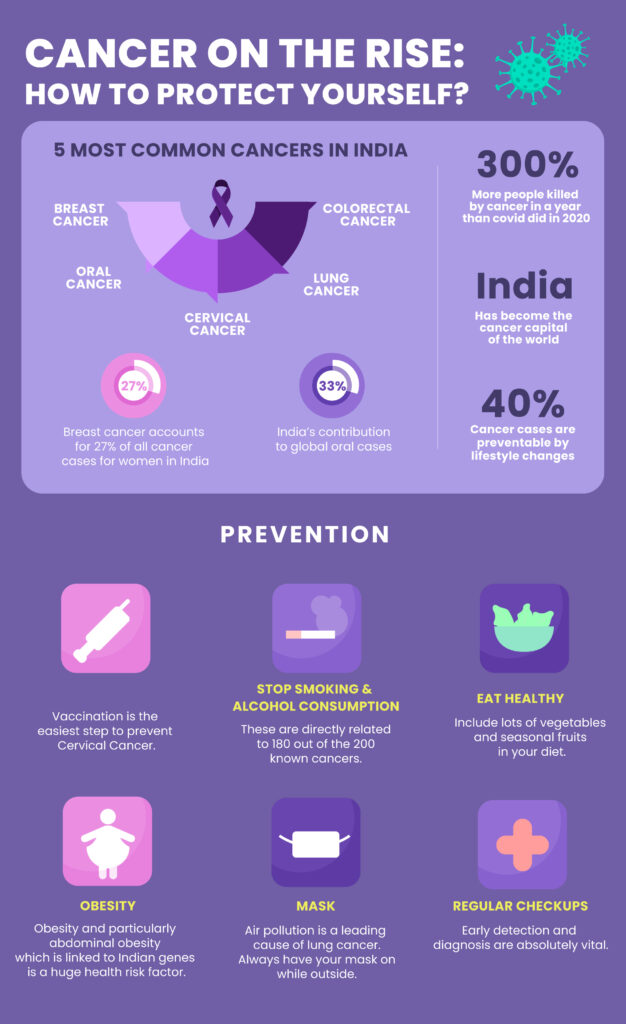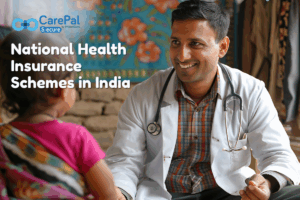Health Insurance For Cancer
Survivors: What You Need To Know

As a cancer survivor, understanding the ins and outs of health insurance is crucial to ensure you receive the care and support you need. This article aims to streamline the complexities of health insurance for cancer survivors, providing you with the essential information to make informed decisions about your healthcare coverage.
The Challenges Of Getting Health Insurance
Cancer survivors often face difficulties when trying to get health insurance. Many insurance companies consider cancer survivors high-risk, leading to increased premiums or outright denial of coverage. This is disheartening, especially after enduring so much. However, the health insurance landscape is changing, and more options are available.

Understanding Health Insurance For Cancer Survivors
Health insurance for cancer survivors is designed to alleviate the financial strain of post-cancer care, which can include ongoing treatments, check-ups, and sometimes further procedures. It’s crucial for survivors to understand that while standard health insurance policies may cover cancer treatment to some extent, a specialised cancer insurance plan provides more comprehensive coverage, ensuring they are fully protected in their post-cancer journey.
Types of Health Insurance Plans For Cancer Survivors
1. Cancer-Specific Plans: These plans are tailored specifically for cancer care, covering expenses related to hospitalisation, chemotherapy, radiation, and surgeries. They often provide a lump-sum payment upon diagnosis of a major cancer, which can be a financial cushion for the insured.
2. Critical Illness Plans: While not exclusive to cancer, critical illness plans cover a range of severe health conditions, including cancer. They typically offer a lump-sum amount on diagnosis, which can help oversee the financial burden of treatment and recovery.
3. Indemnity-Based Health Plans: These are standard health insurance policies that reimburse hospital bills up to the sum insured. For cancer survivors, these plans can cover subsequent treatments or unrelated medical issues post-recovery.
4. Top-Up/ Super Top-Up Plans: These plans add an additional layer of financial protection to an existing health insurance policy. They become active once the primary policy’s threshold limit is reached, offering extended coverage for high-cost treatments.

Government Initiatives & Support
The Indian government offers several health insurance schemes that can be beneficial for cancer survivors:
1. Ayushman Bharat: This scheme provides health coverage to economically weaker sections of society, including cancer treatment.
2. National Health Protection Scheme (NHPS): It offers substantial coverage for serious illnesses, including cancer.
3. State-Specific Schemes: Many states have their own health insurance schemes. It’s worthwhile to explore options available in your state.
Choosing the Right Plan
When selecting a health insurance plan as a cancer survivor, it’s essential to consider the following:
– Coverage: Ensure that the plan covers all stages of cancer, from early to advanced.
– Sum Insured: The sum insured should cover the high cancer treatment costs.
– Waiting Period: Some plans have a waiting period before coverage starts, during which you cannot make a claim. Choosing a plan with a minimal waiting period is important to ensure you can start using your coverage as soon as possible.
– Exclusions: Be aware of what’s not covered in your policy to avoid surprises during a claim.
– Premium: The health insurance policy should be affordable without compromising on the coverage.
The Claim Process
The claim process for cancer health insurance typically involves submitting medical records, diagnosis reports, and other relevant documents. Insurers may also require a waiting period before the coverage kicks in. Understanding this process is vital to ensure timely access to benefits when needed.
The Importance Of Reading The Fine Print
It’s vital to read the policy document carefully. Pay close attention to the inclusions, exclusions, waiting periods, and the terms related to pre-existing conditions. Some policies may cover cancer survivors after a certain waiting period, while others might exclude certain types of cancer or stages of the disease.
Conclusion
For cancer survivors in India, understanding the world of health insurance can be daunting. However, with the right information and guidance, it’s possible to find a plan that offers the necessary financial support. It’s a step towards ensuring that the journey after cancer is not burdened by financial constraints, allowing survivors to look forward to a future of health and hope.
Remember, the key is to research, compare, & choose the best health insurance plan that best suits your needs & offers the most comprehensive coverage for your journey as a cancer survivor. Health insurance is not just a policy; it’s a critical support system for a second chance at life. Choose wisely, and live healthily.
Frequently Asked Questions
Good digestion ensures proper nutrient absorption, strengthens immunity, and boosts energy levels. It also prevents complications like weight gain, hormonal imbalances, and chronic diseases.
Consider the insurer’s financial stability, claims process, coverage terms, and inclusion of services like teleconsultation and diagnostic tests. These factors ensure smooth access to care and timely claim settlements.
Poor digestion can cause nutrient deficiencies, weakening the immune system and leading to fatigue. It’s also linked to weight gain, diabetes, and mental health issues.
Adopt a balanced diet rich in fiber and fermented foods, quit smoking, avoid alcohol, exercise regularly, and manage stress to support healthy digestion.
It offers comprehensive benefits, including hospitalization, diagnostic tests, and teleconsultation, with a reduced waiting period for pre-existing conditions and cashless treatments.
Hi, my name is Om, and I am a developer at Carepal Secure. With a strong passion for technology and innovation, I enjoy creating effective solutions and learning new skills to enhance my expertise. My journey in development has been both challenging and rewarding, allowing me to grow professionally while contributing meaningfully to the projects I work on.












